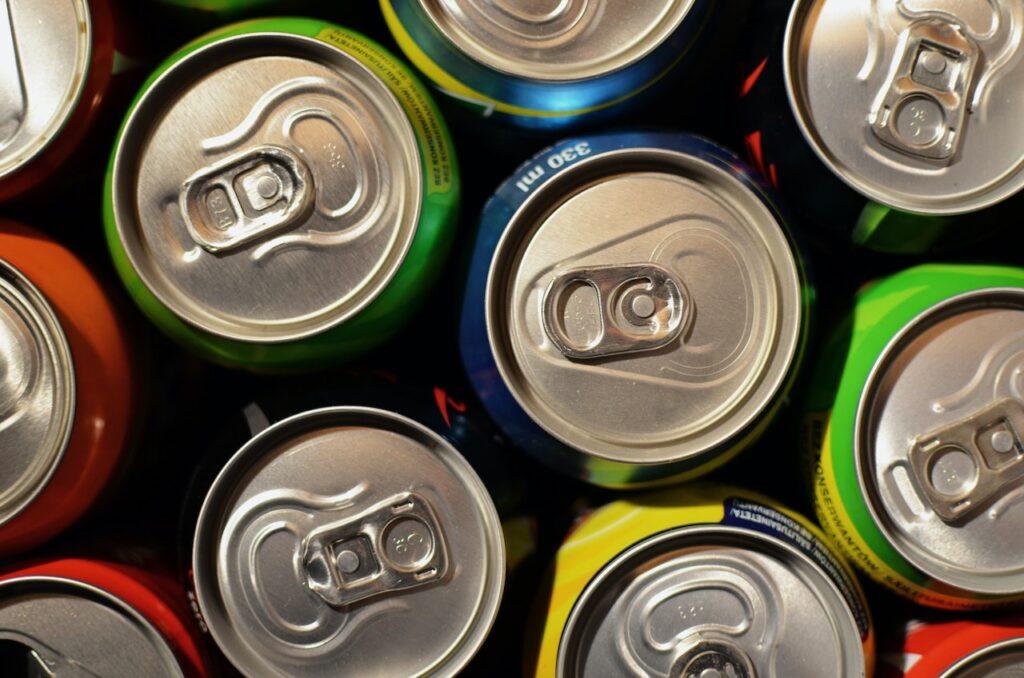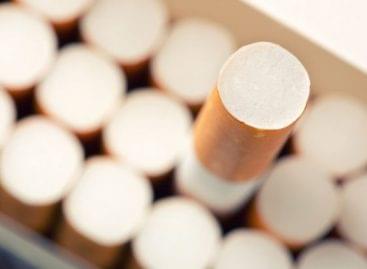Energy drinks can also be regulated products, like cigarettes and alcohol
In the United States, parents and pediatricians are pushing for regulations on energy drinks similar to those on alcohol and cigarettes. The popularity of energy drinks is on the rise, but increasing evidence suggests that excessive consumption poses health risks for everyone, with children being particularly vulnerable. One of the major concerns is the ease of access to these beverages, and the responsibility falls heavily on adults, especially parents, to ensure that children do not consume them.

Over the years, the caffeine content in energy drinks has been steadily increasing. Surprisingly, there is no nationwide regulation in the United States or the United Kingdom prohibiting the sale of high-caffeine energy drinks to minors. In contrast, some countries like Lithuania have already implemented such bans for those under 18. Additionally, Norway, Denmark, and France have strict regulations on energy drinks containing taurine.
Taurine, commonly found in energy drinks, functions similarly to caffeine as a stimulant in the body. Since there’s no precise guideline on the safe amount of taurine children can consume, there’s a global need for stricter regulations on the sale of energy drinks. Concerningly, many young people opt for energy drinks over water or healthier beverages, consuming multiple cans daily. This can lead to side effects like rapid or irregular heartbeat, headaches, tremors, digestive issues, and sleep disturbances, which can also impact mental health.
The packaging of energy drinks often appeals to children with vibrant and youthful designs, diverting attention away from potential health risks. Moreover, parents are sometimes misled, as these products prominently display vitamins and fruits on the label, downplaying their true nature as energy drinks. This stands in contrast to claims made by the energy drink industry that these products are intended solely for adults.
Pediatricians and health experts are continuously working to raise awareness about the dangers of energy drinks and advocate for stricter regulations on their sale, especially when it comes to minors and adolescents. Prioritizing a healthy lifestyle and promoting the consumption of healthier beverages is crucial for preserving the health of future generations.
Related news
What is a Tesla doing in the story of Hungarian energy drink WATT?
🎧 Hallgasd a cikket: Lejátszás Szünet Folytatás Leállítás Nyelv: Auto…
Read more >Related news
The Store of the Future opens again at the SIRHA Budapest exhibition! (Part 1)
🎧 Hallgasd a cikket: Lejátszás Szünet Folytatás Leállítás Nyelv: Auto…
Read more >







